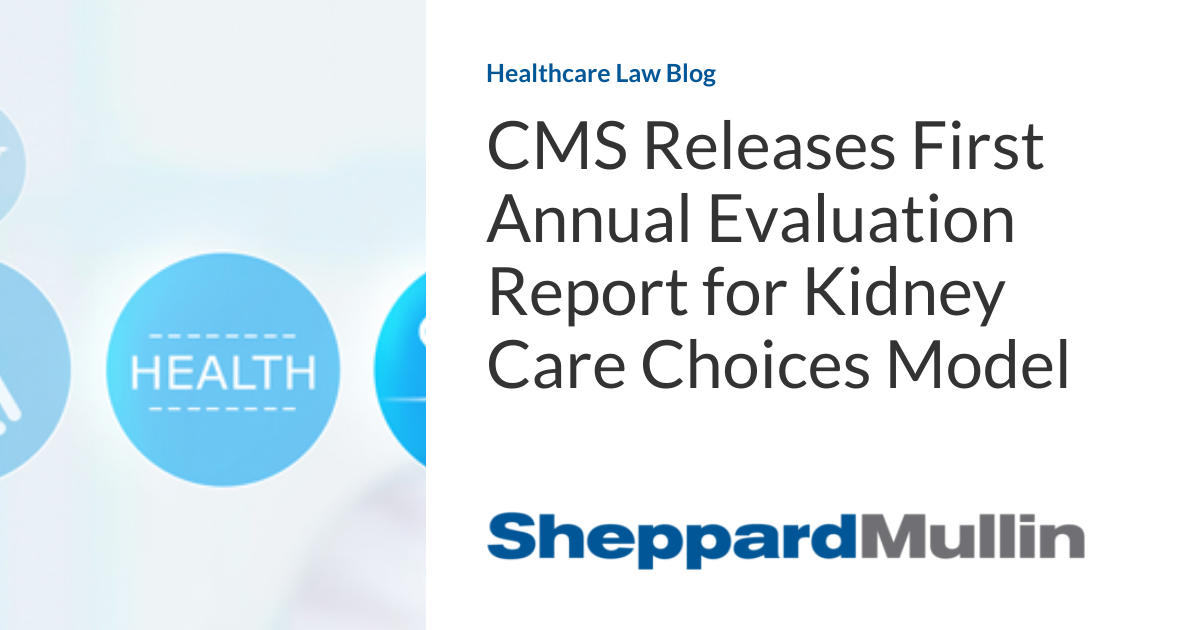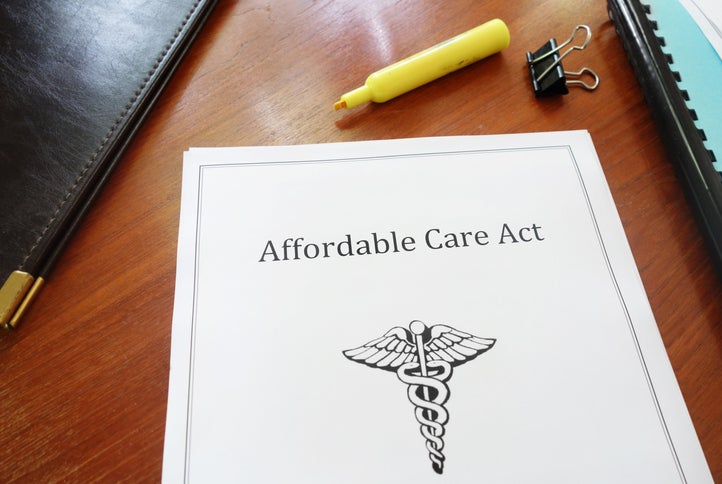Maternity care in England is coming under yet further fire in the form of a report from the Care Quality Commision (CQC). The report reveals that of the 131 maternity units inspected during the last two years almost half were rated inadequate or requiring improvement.
According to the CQC, the independent regulator of healthcare in England, too many women and babies are not receiving the standard of maternity care they deserve. It says the report findings are all too familiar – poor management of incidents with limited learning when things go wrong, failures to ensure safe and timely assessments at triage, and issues with access to equipment as well as staff retention. The CQC poses the key question: ‘what is stopping us from moving forward?’
The safety of maternity services has been a source of considerable concern for a very long time. The CQC points out that while we have seen failings highlighted through various investigations at specific hospital Trusts in recent years (such as Shrewsbury and East Kent), its report reveals that many issues are not localised but are widespread across the country. The report also states that in some places, ‘problems that hurt women or babies might seem normal to staff’ and without action there is a danger that ‘poor care and preventable harm will become normalised. We cannot and must not let that happen.’
Staffing issues clearly remain a major stumbling block to moving forward and the report references the fact that high numbers of midwives are leaving the profession as a result of current pressures. The CQC calls upon leaders to prioritise the wellbeing of staff and to foster an open and supportive culture.
The recent report also found that in some trusts both staff and patients experienced discrimination associated with their ethnic background or with having English as a second language. It underlines how extremely concerning these issues are in light of a previous report from MBRRACE-UK which my colleague James Bell wrote about in a blog here.
That earlier report revealed that Black women are 2.8 times more likely to die either during or up to six weeks following pregnancy as compared with women in White ethnic groups. The CQC report indicates that moving forward may be hampered by huge differences in the way Trusts collect and use demographic data to try to address disparities. It sets out concerns that without national guidelines Trusts have no way of properly evaluating whether initiatives to improve equality in maternity care are in fact effective.
Another key issue which particularly resonates with me is the CQC’s conclusion that more work still needs to be done to improve learning and communication whenever a patient safety incident occurs. As medical negligence solicitors, it can be extremely frustrating to see similar problems occurring time after time.
We also hear first-hand from clients that the communication they received when something went wrong was considered by them to be inadequate. This mirrors a finding by the CQC that problems with communication can affect the ability of patients to consent to treatment and can perpetuate fear and anxiety. I agree entirely with the CQC that ‘a cultural shift is needed so that all women are given the information they need, in a way they understand it, to make informed decisions and consent to treatment.’
As lawyers we seek to support our clients who have been injured through failures in maternity care and obtain the best possible package of compensation for them. Nonetheless, such clients are almost always extremely concerned about ensuring that lessons are learned so that others do not suffer in the same way that they have. It can be hard to accept that the process of bringing a medical negligence claim is by no means a guarantee that changes in medical practice will follow.
The CQC has published new online resources as a source of practical guidance and support as well as setting out recommendations for various bodies. These include that NHS England develops guidance around patient safety events in maternity services and oversees the performance of maternity triage services. It also recommends capital investment from the Department of Health and Social Care. Whilst the report states that many of the issues highlighted in the report are systemic, they confirm that “with the right culture, services can improve and learn from one another.”. It seems clear that the recommendations from the report could bring about real change. Perhaps this time it will be different.
Further information
If you have any questions, please contact Andrea Wadden in our Medical Negligence & Personal Injury.
About the author
Andrea Wadden is an Associate in the Medical Negligence Department. She qualified as a solicitor in 2023 and then joined Kingsley Napley. She has experience in both medical negligence and personal injury claims having worked at a national law firm in Birmingham for five years. She has undertaken work with clients who have sustained a variety of injuries including brain injuries, birth injuries and orthopaedic injuries.











